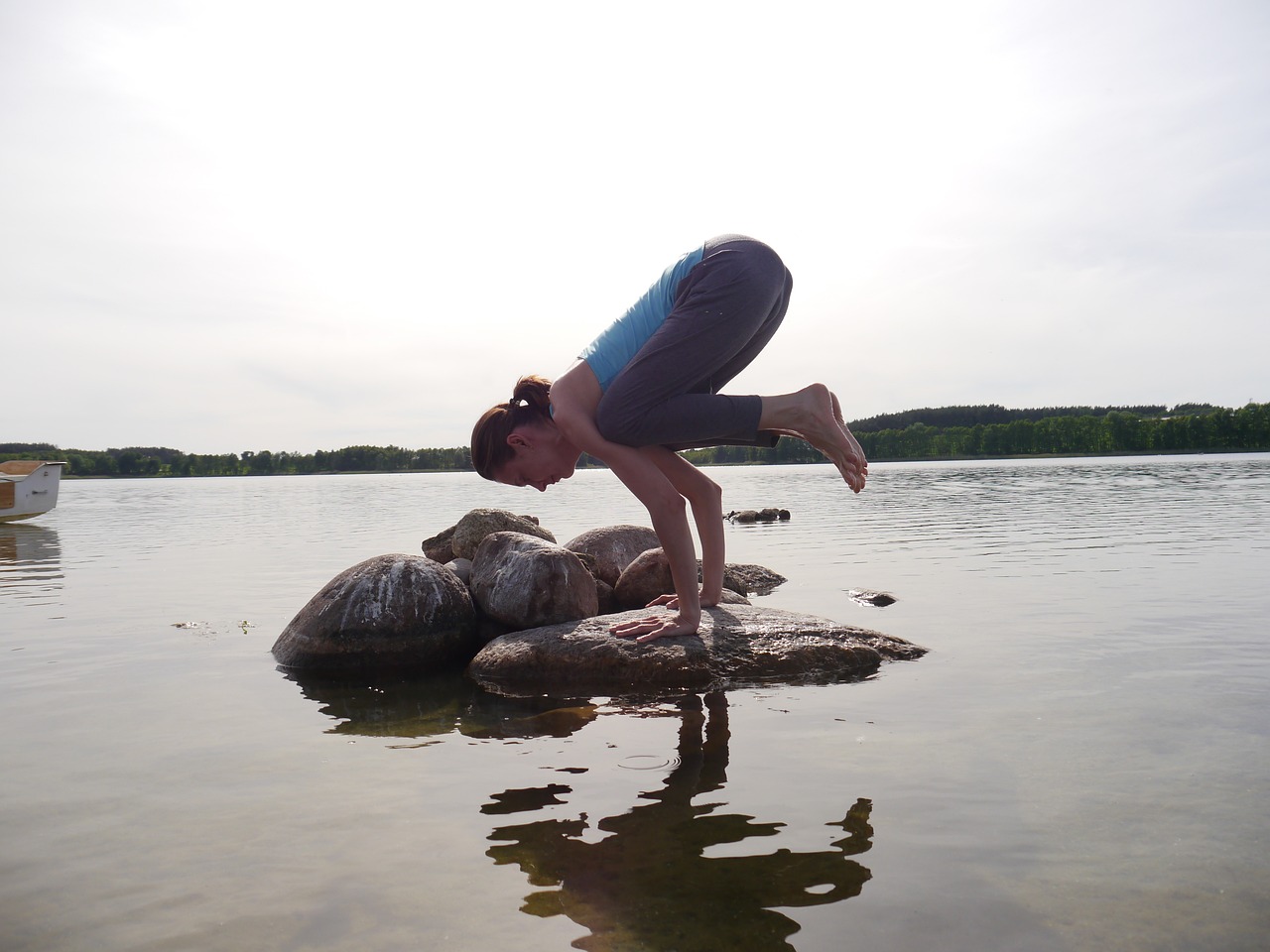Discover the ancient wisdom of Ayurveda and learn how to incorporate its principles into your modern lifestyle for optimal health and wellbeing.

Charak is known as the father of Ayurveda or the father of Ayurvedic medicine. He wrote a book named Charak Samhita, on medicine which contained the description of a large number of diseases and discusses their treatment
Ayurveda is an alternative medicine system with historical roots in the Indian subcontinent.
It is heavily practised throughout India and Nepal, where as much as 80% of the population report using ayurveda. The theory and practice of ayurveda is pseudoscientific and toxic metals including lead and mercury are used as ingredients in many ayurvedic medicines.
Yes, the word "Ayurveda" is indeed a combination of two Sanskrit words, making it a type of basic conjugation. "Ayur" means "life," and "Veda" means "knowledge" or "science," so Ayurveda literally translates to "the science of life" or "knowledge of life"

According to Ayurveda, each person has a unique combination of three doshas: Vata, Pitta, and Kapha. Knowing your dominant dosha can help you make choices that maintain balance in your body and mind.
How it worksIn Ayurveda, a consistent daily routine, or dinacharya, is crucial for maintaining the balance of doshas and supporting optimal health.
The idea of living well is to live fearlessly, without worrying about health issues. This is becoming increasingly more and more challenging with each passing day. By following Dinacharya, an Ayurvedic daily routine, we offer a simple solution to all health-related worries and promote a healthy balance between mind, body and soul. The body needs to stay connected to the rhythms of nature.
Dinacharya is a daily routine that has been designed to maintain and connect us with our internal clock or our circadian rhythms. The disconnection from our circadian rhythm has been linked to several health issues, such as mood and sleep disorders, poor cognitive function, obesity, daytime sleep disorders, diabetes, substance abuse, poor school performance, heart disease and even cancer.
Dinacharya is a Sanskrit word made up of “dina”- day and “acharya”- activity.
Ayurveda Dincharya consists of two daily cycles:
– Sun Cycle
– Moon Cycle
They are connected with the Ayurvedic body types / Doshas – Vata, Pitta and Kapha.
Daily Dosha Cycles according to Ayurveda:
First cycle: Sunrise to Sunset (6 am – 6 pm)
– 6 am – 10 am – Kapha
– 10am – 2pm – Pitta
– 2pm – 6pm – Vata
Second cycle: Sunset to Sunrise (6 pm – 6 am)
– 6 pm – 10 pm – Kapha
– 10pm – 2am – Pitta
– 2 am – 6 am – Vata
DINACHARYA:
1. Rise and Shine – The time between 5.30 – 6 am is considered the ideal time to wake up. It’s essential to keep a few minutes of silence and be with yourself to express gratitude and create a mindset of positivity and calmness that you will carry with you throughout the day.
2. Evacuation – Daily evacuation is absolutely essential for the healthy functioning of the human body.
3. Oil Pulling – Take 2tbsp of sesame or coconut oil and swish it around in your mouth for 5 mins. Then spit it out, rinse your mouth and brush as usual. This helps to draw out harmful bacteria produced through the night and helps keep the teeth and gums healthy.
4. Tounge Scraping – Daily scraping of the tongue removes the build-up of toxins and cleanses the ama. To be done post brushing.
5. Drink Warm Water – 200ml of hot/warm water with a tablespoon of ghee should be had early morning to cleanse and hydrate the system internally and stimulate the digestive fire for the day ahead.
6. Exercise – Daily movement and stretching is essential. This removes stagnation and fat from the body whilst strengthening the muscles.
7. Oil Massage – Best done with Abhyanga oil (a special ayurvedic formulation) or plain coconut oil. Warm the oil and self-massage all over the body, including the feet and scalp. This practice ensures healthy blood circulation for a calmer and healthier nervous system.
8. Bathe – Daily bathing removes the excess oil and upper dead layers of the skin, leaving you feeling energized and fresh for the day ahead.
9. Meditation - To be done daily to maintain a healthy balance between mind, body and soul. It helps calm the nervous system and leaves you feeling peaceful, happy and steady.
10. Unwind – The most crucial part of the day, where you wind down and allow yourself to relax and release all the stress from the body and mind. Light candles, take a long shower, spend time with friends and family, listen to music and do anything that brings a sense of peace and calmness.
11.Sleep by 10 pm, and try to get 7-8 hours of rest through the night.
BENEFITS OF DINACHARYA
1. Prevents disease by building immunity
2. Helps build a connection with nature to live harmoniously with the rhythm of nature.
3. Releases stress and tension from the body and mind.
4. Helps regulate digestion.
5. Helps maintain discipline.
6. Brings you happiness and peace.
7. Ensure a healthy lifestyle and promotes longevity.